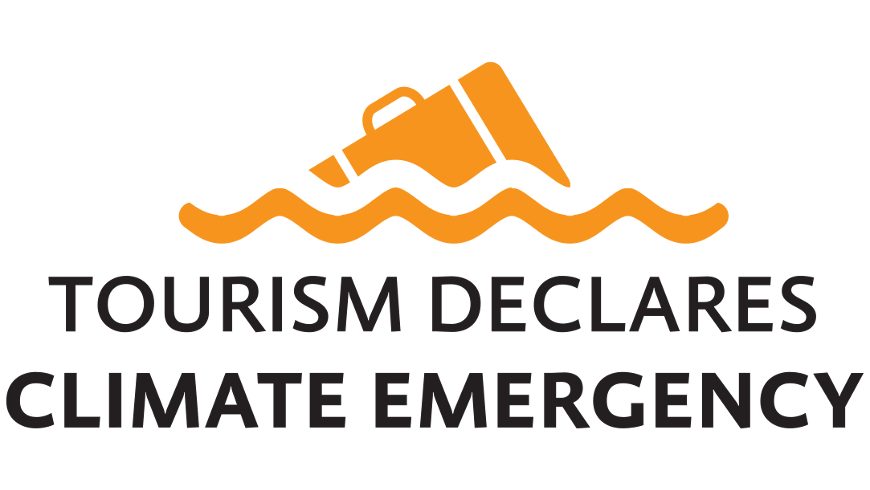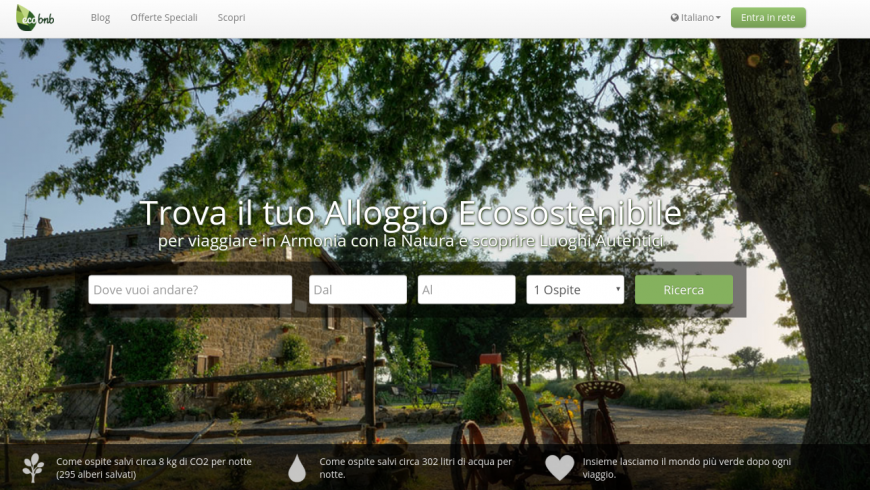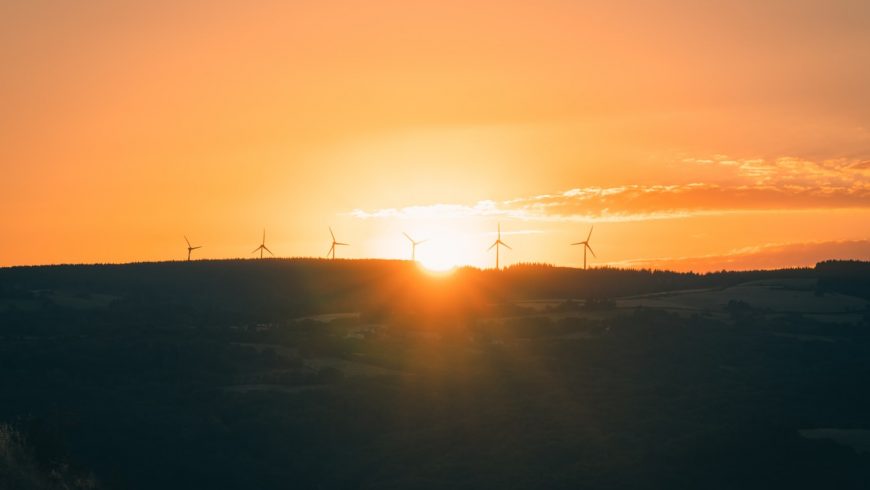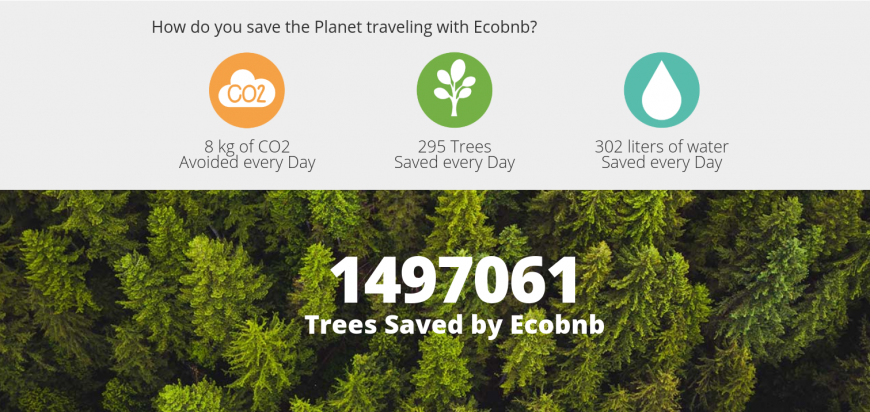On February 14, 2021, Ecobnb declared climate emergency. By signing the tourism climate emergency declaration, together with 184 other tourism companies and businesses, we are committed to reducing our CO2 emissions by 55% by 2030.
Climate Action Plan

We are developing the climate action plan based on the IPCC advice, stating the need to cut global carbon emissions to 55% below 2017 levels by 2030 to keep the planet within 1.5 degrees of warming.
Like all signatories, we are committed to the following five actions:
- Develop a ‘Climate Emergency Plan’ which sets out our intentions to reduce carbon emissions over the next decade.
- Share an initial public declaration of our ‘Climate Emergency Plan’, and update on progress each year.
- Accept current IPCC advice stating the need to cut global carbon emissions to 55% below 2017 levels by 2030 in order to keep the planet within 1.5 degrees of warming. We’ll ensure our ‘Climate Emergency Plan’ represents actions designed to achieve this as a minimum, through delivering transparent, measurable, and increasing reductions in the total carbon emissions per customer arising from our operations and the travel services sold by us.
- Encourage our suppliers and partners to make the same declaration; sharing best practices amongst peers. We actively participate in the Tourism Declares community.
- Advocate for change. We recognize the need for system change across the industry to accelerate a just transition towards carbon-free tourism.
Commitment to sustainable tourism

Since 2014 Ecobnb has created a meeting point between responsible travelers and accommodations that are investing in a better and greener future. With Ecobnb we promote tourism that respects the environment, places, and local communities.

Our project is to reduce CO2 emissions for every traveler, adopting ecological measures in hospitality.
Ecobnb is a community of more than three thousand accommodations that have at least 5 of these 10 eco-sustainability criteria:
- 100% energy from renewable sources
- organic or local food
- bioarchitecture
- energy-efficient light bulbs
- water flow reducers
- solar panels
- reuse and recovery of rainwater
- ecological cleaners
- waste separation over 80%
- sustainable mobility
Zero emissions

The Ecobnb web platform is located on green servers, powered 100% by renewable and clean energy. The work activity is managed in “smart working” mode: this makes it possible to minimize the emissions associated with commuting from home to work. Ecobnb founders travel by electric car, by bike or by public transport. Employees are also encouraged to adopt eco-sustainable lifestyles. Plastic-free, local and organic are keywords in the daily choices we make.
Measuring is Knowing

Since 2016 we have been measuring the amount of CO2 saved thanks to the nights spent in eco-sustainable accommodation facilities, compared to conventional accommodation. According to How Many Trees, the amount of CO2 saved is about 8 kg per night per person, the equivalent of 295 trees saved.
Ecobnb measures the CO2 saved through eco-friendly stays, showing the constantly updated data on the homepage. Furthermore, since 2000 Ecobnb has been involved in tree planting projects locally, through its network of custodian farmers.
Every year Ecobnb draws up a report of sustainability, in which it reports the collected data relating to the CO2 saved, the new trees planted through the projects, thus taking stock of the positive effects that the platform has on the environment and places.
